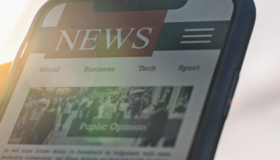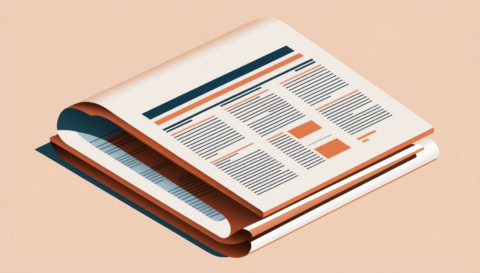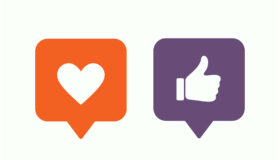Agency thought leadershipStrategy
What higher ed communicators should be doing right now
April 2, 2025
ActionSocial Media
Leveraging social media to boost college athletics and drive enrollment
March 14, 2025
ActionTeam Organization
Using management by objectives to evolve your marketing and communications enterprise
March 3, 2025





